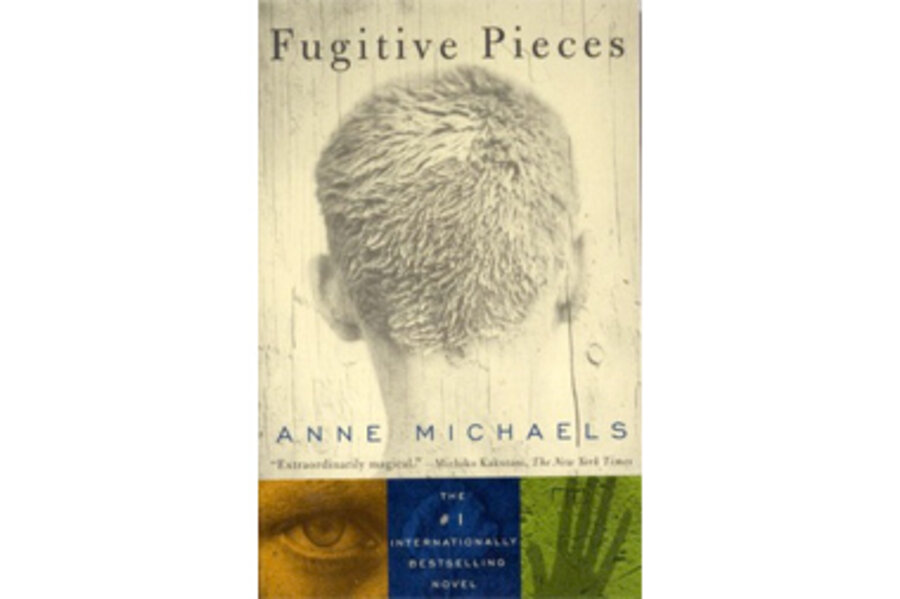Faulkner claims that every novelist is a failed poet. Wrong. And Anne Michaels’ "Fugitive Pieces" dismisses this claim as bunk by the end of the first chapter – indeed the first page. Michaels, an already successful poet, turned from poetry to write her first novel, "Fugitive Pieces," but brought with her a poet’s sensibilities and rhythmic elegance.
Her prose sings with grace.
"Fugitive Pieces" recounts the story of a Jewish boy, Jakob, who is rescued from a Polish forest during the Holocaust by Athos, a Greek scholar, after Jakob’s parents and sister are murdered – a fate he himself narrowly escapes by cramming his seven-year-old body into a crawlspace. Taken by Athos to the island of Zakynthos, Jakob begins the arduous process of learning to grieve and live simultaneously. Surrounded by the Greek landscape of ocean and steep craggy hillsides and comforted by Athos’s world of geology, botany, astronomy, and classical poetry, Jakob soaks up knowledge while mourning for his dead parents and missing sister.
We follow Jakob and Athos’ journey from their hilltop refuge on Zakynthos, to mainland Athens, to Canadian Toronto. And simultaneously, we follow Jakob’s journey to create meaning – beauty – out of his own abysmal history and the more hopeful, steady history of the world itself.







